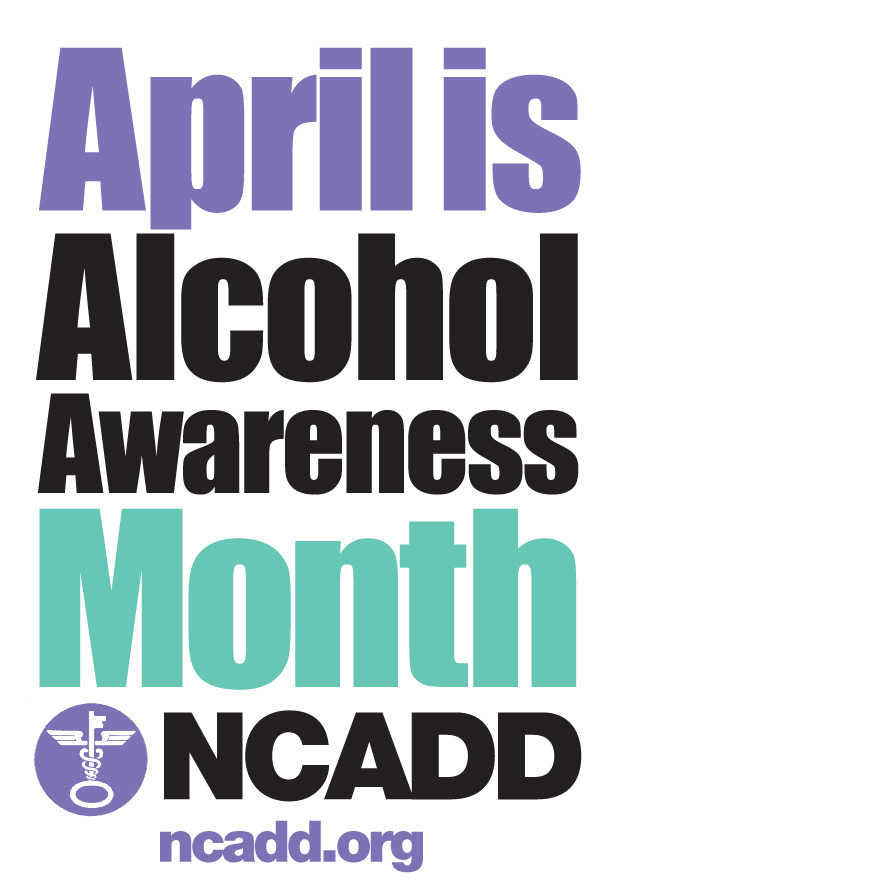Junior High School News
April is Alcohol Awareness Month
Posted on: April 25, 2018

Key pieces to prevention include:
- Young people need to feel loved, valued and appreciated - through words and actions – at home, at school, and within their community. At home, it is our job to hug our kids (no matter how big they are), and tell them we love them every day.
- Communication is KEY – Open, honest communication. Children whose parents talk with them early and often about the dangers of substance use – including alcohol and underage drinking – are up to 50% less likely to use in the first place. Talk about the big stuff, talk about the small stuff – talk about the negative consequences of alcohol (refer to the previous Know! Tip for info), and just talk about what is happening in their everyday lives.
- Expectations – Our children have to know what is expected of them. We have to set clear boundaries when it comes to alcohol. Our children need to hear us say that underage drinking is unacceptable. In surveys where youth reported NOT drinking underage – they cited not wanting to disappoint their parents. But they have to know where we stand. And we have to stand against it, or they are much more likely to partake.
- Trust – They have to be able to trust us and know that no matter what’s happening, we are there for them and will help them through whatever situation they find themselves in. This can be tricky because if they do find themselves in a sticky situation and they do come to us, we must remain calm or that trust is broken, and they will not come to us next time. Does it mean that there aren’t consequences? Of course not. Trust also includes them knowing the consequences for breaking the rules and trusting that we will follow through and hold them accountable for the choices they have made.
- Positive Role Models are vital – Parents are a child’s first and most important role model. Believe it or not, our teens pay close attention to what we say and do and how we handle ourselves in different situations. On the other hand, research shows that parents who binge drink are much more likely to have children who binge drink. Be careful of the example you’re setting for your child.
- Friends Matter. We must know with whom our children are spending their time. We must also get to know our children’s friends and their parents – which becomes trickier the older they become.
- Activity Connections – Be it a sport, band, theater, chess club, whatever – we should be encouraging our kids to find their passion and get connected. For the times when a simple “no,” doesn’t feel like enough, their connections give them an ideal way to turn down a drink when offered: “No thanks - coach would kill me,” or “No thanks – I’ve got my play coming up and I can’t risk it.”
Alcohol remains our nation’s number one health problem, for youth and adults. The time to take action to protect our children from underage drinking and set them up to succeed in life is now. By following the steps above, you’ll start to take action to improve outcomes for the children in your life.

